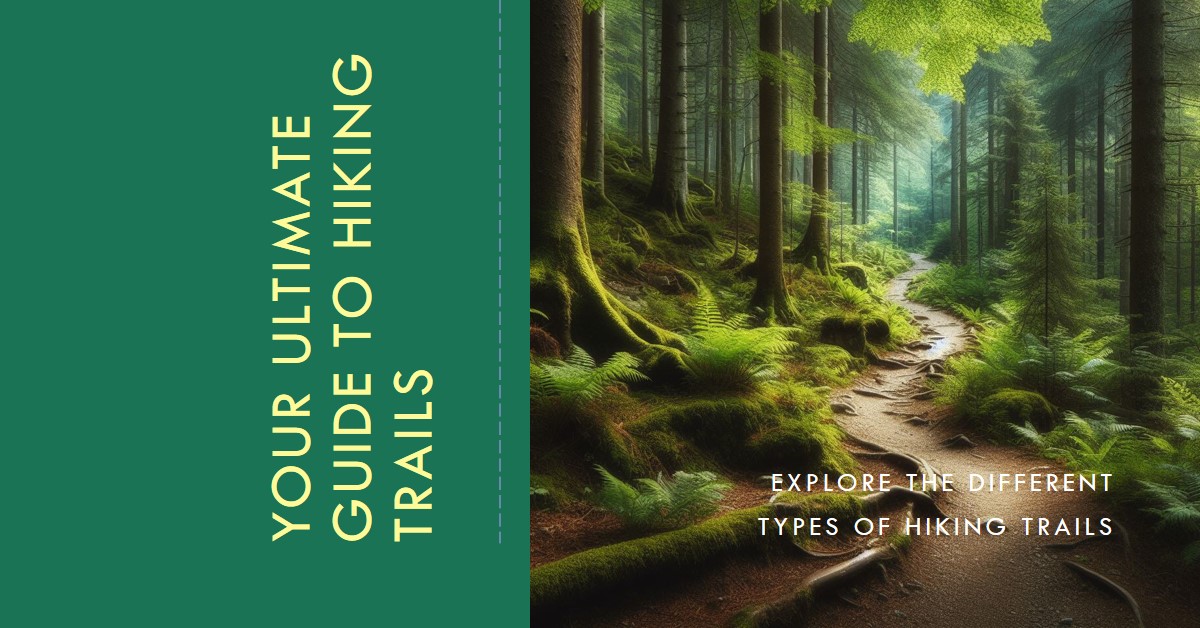Table of Contents
The One-Day Guide to Perfectly Comfortable Hiking Boots: A Comprehensive Walkthrough
Embarking on outdoor adventures has never been easier with the proven methods for breaking in your hiking boots in a single day. Designed to mold to your feet, these boots can sometimes be stubborn to tame for the first time, but with the correct techniques, they can be prepared in no time. Hiking boots are the linchpin of any successful expedition, and their fitting directly influences your experience. Let us swiftly delve into the invigorating steps to making your new hiking boots your very own comfy companions for an exhilarating journey.
Understanding the Importance of Correctly Breaking In Your Hiking Boots
Busting the myth, breaking in your hiking boots isn’t merely a fashionable trend; it’s a catalytic process that ramps up your comfort levels while significantly reducing blister risk. The imprinting of boots to match your feet structure saves you from rubbing-caused discomfort while taking a trail. In addition, the break-in process remarkably cuts down the risk of foot and ankle injuries by tailoring the boots to your unique stride and movement patterns, thereby providing matchless stability. Therefore, earmarking ample time to break in your hiking boots will substantially augment your hiking experience.
Bootstrap: Preparing Your Boots for Break-In
The primary step involves thoroughly cleaning your boots. Use a soft brush to clean any embedded dirt and subsequently wipe down the boots using a damp cloth. Let them air dry before embarking on the next stage.
It’s essential to ensure your boots remain supple; hence it’s suggested to apply a leather conditioner. Use a clean cloth to thoroughly massage the conditioner into the leather, paying special attention to seams and creases. Next, identify any discomfort or blister-prone areas on your boots. Protect these spots using specialized blister remedies like gel pads or moleskin, adhering them firmly to the boots.
Ensuring a smooth breaking in, as with anything, requires patience. Gradually increasing your hiking duration will help adjust your feet and boots.
One-Day Break-In Guide: Techniques and Strategies
Alleviating the daunting task of breaking in new hiking boots can be achieved tactically in a single day. wear thick hiking socks to add extra padding and prevent blisters. Consider using friction reducers, or anti-blister products, in areas prone to irritations.
Initiate with shorter hikes, gradually intensifying the duration and distance. This will let your boots and feet adapt and increase comfort over time. Warm-up your boots before wearing by flexing them; this will make the material supple.
A touch of this extra effort can comfortably break in your hiking boots in just a day, assuring you a joyful hike.
Mastering the Quick Break-In: Additional Tips and Tricks
Speeding up the break-in process involves playing with heat. Applying mild heat to boots, either using a hairdryer or heater, creates a more pliable leather surface, easing the break-in process. Employing ‘targeted stretching’ using a boot stretcher helps significantly to widen or lengthen specific areas of discomfort. Also, walking on varied terrains mimics real hiking conditions that can soften the boots and mold them more effectively.
Predicting Success: Signs of Properly Broken-In Hiking Boot
Proper break-in results in the absence of discomfort during longer hikes. When your fitted boots provide stability and security without any excessive movement, it’s clear that you’ve hit the break-in sweet spot. Apart from snug fit, look for minimum heel slippage, efficient toe space and good foot support.
Appropriately broken-in boots should align with the contours of your feet, acting like an extension and providing better control on varied terrains. However, the break-in duration may vary on the type of boot and foot shape.
Breaking-Down Frequently Asked Questions
Is a Single-Day Break-In Possible?
Yes, achieving a break-in in just one day is practical. Donning your boots around the house or during short walks can soften the materials. Thick socks provide optimal fit while applying boot conditioner can expedite the entire process.
What is the Ideal Fit for Hiking Boots?
Hiking boots should neither be overly tight nor loose. Your toes should have the freedom to wiggle a little, and there shouldn’t be any feeling of pinching across the heels or sides. Ensure foot movement within the boot for the best support during your hikes.














